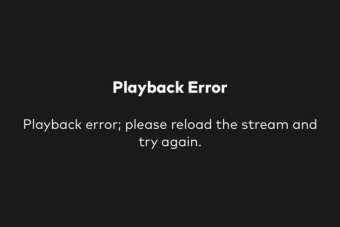Optus, make like a Scout: be prepared
Following its World Cup streaming disaster, crisis comms expert Tony Jaques explores how Optus could have learned from recent history, rather than waiting until after the crisis broke to mop up the mess.
The Optus World Cup online streaming debacle was undoubtedly an epic technical and reputational fail. But it is also a critical lesson in the need for well-prepared crisis communication.
When thousands of paying customers were shut out of the biggest sporting event on the planet, the telco got caught up in mixed messages, and never adequately explained how it happened.



Another day another crisis management piece…
Maybe if this country invested in fast internet and joined the 21st century…
Got opus sport. Didn’t work. Optus offered free fetch Tv. Went to store. Got fetch tv. Didn’t work. Rang up got told to take it back to store. Rang store got told to not take it back. Rang back 45 minutes wait time. Hung up. Went on Facebook. Six days later got told to take it back to store. Haven’t got around to it yet. Their customer service is appalling unless you are trying to buy something. You are often disconnected and texted a link to read which is irrelevant to your problem. No call back service if you can’t wait.